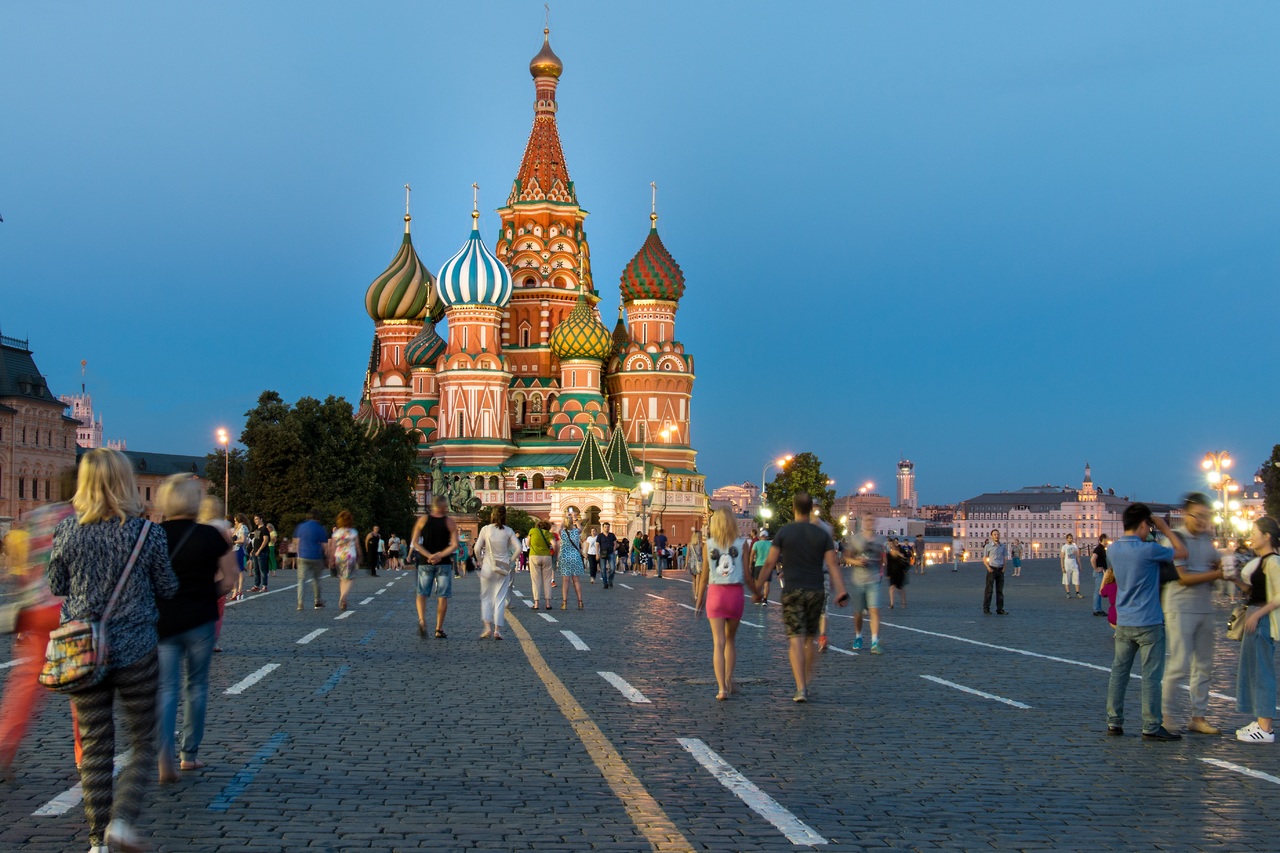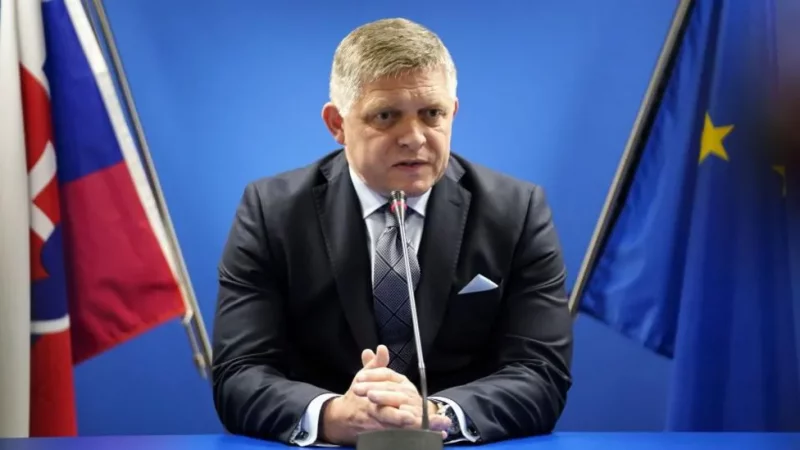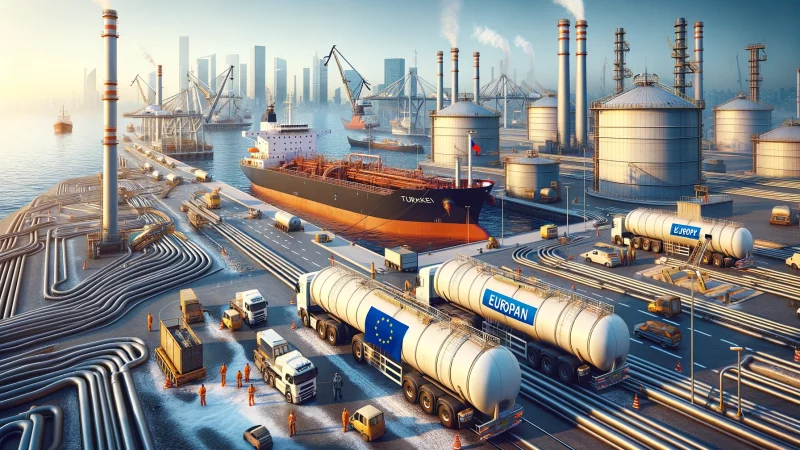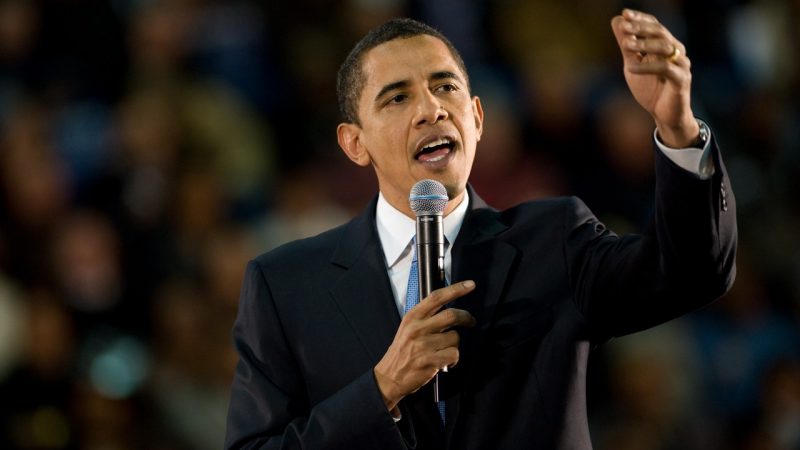Economic War Escalates: G7’s Potential Confiscation of Russian Assets and the Global Fallout

The geopolitical landscape is becoming increasingly volatile as the economic war escalates, with the G7’s potential confiscation of Russian assets at the centre of the controversy. The implications of this move are vast, posing significant risks and triggering a complex chain of reactions that could reshape global financial systems and international relations.
Confiscation of Russian Assets
The G7’s contemplation of seizing Russian assets has sparked a significant debate. The U.S. has already pledged $61 billion to support Ukraine and is now eyeing the $300 billion in frozen Russian assets as a potential source of further aid. This move aims to harness these immobilized assets to bolster Ukraine’s resistance and fund its long-term reconstruction efforts.
However, seizing these assets is not as straightforward as it might seem. While the initial act of confiscation might be relatively easy, the repercussions are far more complex and potentially disastrous. Russia has repeatedly demonstrated its willingness to retaliate with equal force. Recent actions include freezing EU bank assets and confiscating land, signaling that Moscow will not remain passive.
Potential Blowback
The long-term effects of such asset seizures could be catastrophic for the global financial system. The Euro could face significant instability, and the trend of de-dollarization might accelerate. Short-term risks are equally concerning. Russian President Vladimir Putin has made clear his intention to target private U.S. assets, extending beyond government property to include assets belonging to American companies and individuals. This retaliatory decree allows for the seizure of securities, stakes in Russian companies, real estate, and even cash.
The extent of Western assets trapped in Russia is substantial. Estimates suggest that Western banks alone have around $120 billion in assets stranded in Russia, with U.S. banks like Citigroup and Goldman Sachs holding significant portions. Should the G7 proceed with the confiscation, these assets would be at risk of being seized in retaliation, leading to a tit-for-tat economic punishment that Russia has executed before with impunity.
Financial Implications and Global Reactions
If the G7 moves forward with the asset confiscation, the financial implications could be severe. The U.S. and its allies would likely face immediate economic retaliation from Russia, disrupting global markets and investor confidence. The broader implications for international finance are also troubling. Confiscating these assets threatens to undermine the integrity of the global financial system, potentially destabilizing the $27 trillion market for the sake of $300 billion.
Additionally, the U.S. is already grappling with a significant deficit, expected to exceed $1.5 trillion this year. Funding Ukraine by borrowing more money exacerbates the economic strain and contributes to the inflation plaguing the economy. Senator Rand Paul has highlighted the inherent contradiction in borrowing from China to fund Ukraine, especially given China’s strategic retreat from U.S. bonds.
The China Factor
Amid this turmoil, the G7 is also focusing on China, aiming to contain its growing economic influence. Treasury Secretary Janet Yellen has called for coordinated action against Beijing, seeking to create a united front to counter China’s industrial overcapacity. This strategy includes addressing the flood of Chinese exports, particularly in renewable energy sectors like lithium-ion batteries and solar panels.
China’s aggressive export strategy has significantly impacted European markets. While these imports provide cheaper alternatives and support Europe’s energy needs amid a crisis, they also pose a competitive threat to local industries. The EU’s dependence on affordable Chinese goods is a double-edged sword, making any move to align with the U.S. against China economically risky.
The Road Ahead
The potential confiscation of Russian assets by the G7 is fraught with peril, both immediate and long-term. The economic fallout could trigger retaliatory measures from Russia, destabilize global markets, and exacerbate existing financial challenges in Western economies. At the same time, the push to contain China’s economic rise adds another layer of complexity to the geopolitical landscape.
As the G7 prepares for its June summit, the decisions made will have far-reaching implications. The balance of global power, economic stability, and international relations hang in the balance. The need for a carefully considered approach, balancing immediate strategic gains with long-term global stability, has never been more critical.
The world watches as the G7 navigates these tumultuous times, aware that the outcomes will shape the future of global economics and international diplomacy. The stakes are high, and the path forward is fraught with uncertainty.







